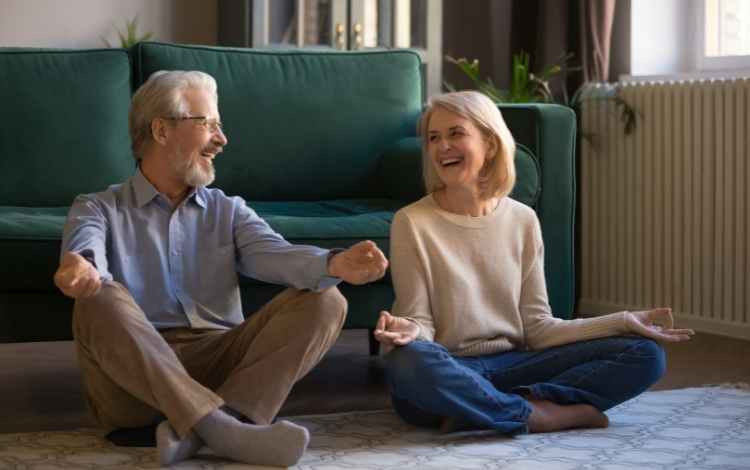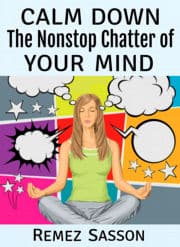
Meditating can be tricky, especially when it comes to older people. To be able to guide your brain and channel your thoughts on your mind consciously, you need to focus on one primary thing first.
That would be shutting down your mind, at least for a short period, to give your brain rest while being wide awake. Figuring out how to do this will mean that you’re more than halfway towards successful meditation.
Why Is It More Important to the Elderly?
As we know, different people live entirely different kinds of lives. When it comes to older people, they will have already lived long enough to see, go through and endure way too much than we could imagine.
Browse our online courses on meditation, positive thinking, overcoming procrastination, and freedom from distractions.
Good or bad, they might get more child-like as they grow old. Being alone or experiencing instant changes like a care home might tip them off their balance for a while.
Their past experiences, things they miss the most, regrets, things they badly wanted to do but never could, all of them could rush into their minds and overwhelm them.
There is also another kind of older person. The tough guy type who thinks nothing could get him. Hardened with time. Being this way might be their usual nature or defense mechanism but sometimes this could be detrimental to their health.
Activities like group games and meditation might help them blend in with these new changes in life. It would keep them from thinking about the end, at least in a negative way.
Active and willful meditation would calm them down and help them see a brighter side of life even at a later stage. It’s hard to think that something so basic and quick can have such a positive impact on your health. Once you get past that barrier, you’ll find bliss.
So, Let’s Meditate!
It’s obvious to all of us that our mouths are meant for speaking and eating, but we don’t speak or eat throughout the day.
Ears are for hearing, but we do not listen all the time.
However, when it comes to not thinking and not using our brains, most people find it hard to be otherwise in a state of peace.
There are two very important things you need to do before you try to meditate.
The first would be to improve your brain’s constant thinking by finding out when it is most noisy. You need to record this for a few days and find out if there is a pattern.
Many people, who tend to lose sleep a lot, might find it hard not to think in the evening or just before bedtime.
Figuring out this part would be one of the most integral parts of successful meditation that will help with your wellbeing, sleeping, pain management, and things like that.
Secondly, you must find yourself a comfortable spot. This place can be your bed in the morning, a chair, or a wheelchair. The important thing here is to stay comfortable.
So, let’s work on this together. Let’s not push it too hard in the beginning. If you find yourself drifting off the meditation process, just try to come back gently as we help you discover your mind’s superpowers and bring some peace and calm.
That’s it. You’re set. All you have to do now is follow the lead of your guru and feel the calm of the ambience set.
As days go by, you will experience a tremendous difference in every aspect of daily life in ways that you probably never imagined.
Try to focus and never fail to show up because consistency is key here. Today might not be your best day, but time makes and heals everything. Invest in yourself. Meditate.


